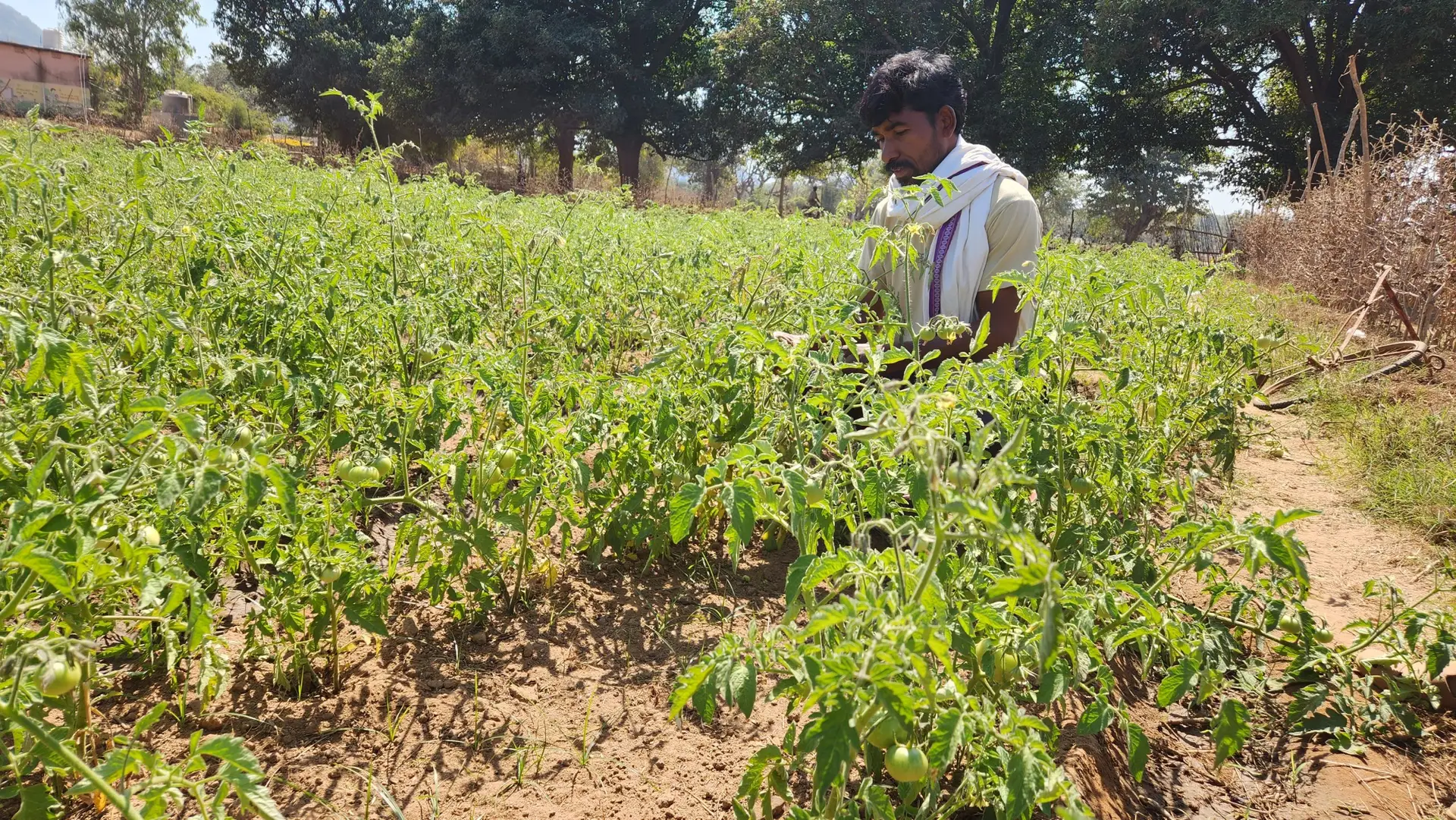FOOD PRODUCERS ARE THE MOST FOOD-DEPRIVED
It may sound strange, but the fact is farmers and food producers are some of the most food-insecure members of society. Farm yields are constrained by availability and affordability of quality seeds and fertilizers. Climate change has made weather patterns unpredictable, which affects planting and harvesting seasons, as well as the availability of fodder for animal herds. Those in rural areas often lack access to markets where they can get a fair price for their produce. For small and marginal farmers – who constitute over 80 per cent of India’s farming community – the situation is much worse as they are faced with volatile markets, lack of access to credit/capital, increased inputs costs and lack of access to technological innovations.









